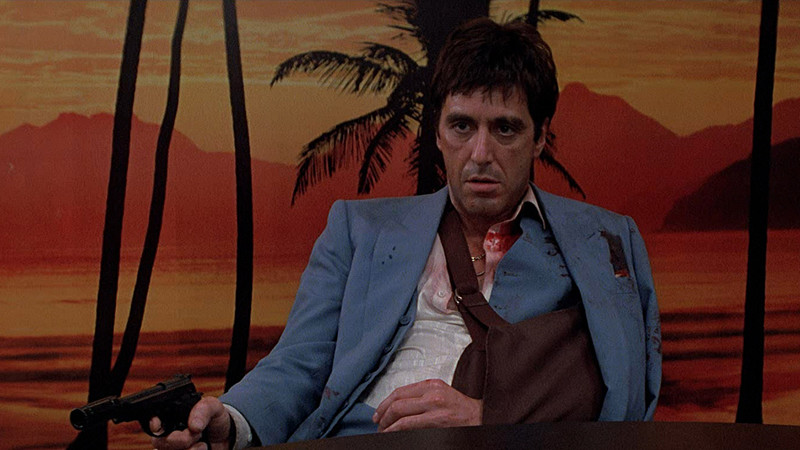
It is obvious that Hollywood loves remakes. Most of them are really bad and unnecessary, but who could argue that they are also easy money for studios? Everyone seems to wish for a new original film than to see another soulless reboot. But if you think about it, some of the best movies of all time are remakes. The Thing (1982), The Departed (2006), True Grit (2010) and of course Scarface (1983) are just a few examples to begin with.
The question is: what makes a good remake or when you should remake a movie? Although Hollywood reacts as remaking a movie is the easiest thing, it is not. And that’s why there are so many terrible movies being released nowadays. Scarface (1983) could be characterized as the best remake of all time, a true filmic manifesto, because Brian De Palma and Oliver Stone made it for the right reasons. Here they are:
1. It had to be made
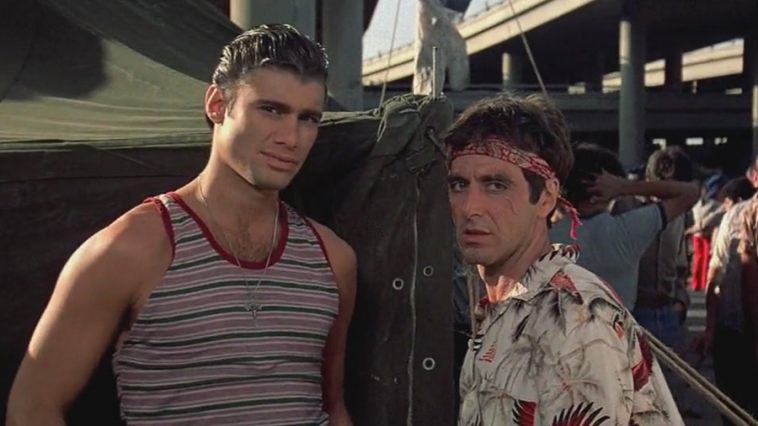
The most important reason for remaking a film is to be truly passionate about it. Actually, that’s the most important reason for making a film at all. Someone behind the camera has to be driven by his deep desire to see that film, to tell that particular story and through that story to subtly tell his own personal truth.
Unfortunately, nowadays remakes are just “by-the-numbers” movies which seem more like a mathematical process than a piece of art. The protagonist is not a character with whom the audience can identify with and share his thoughts and problems, but a commercial stunt that will momentarily fool cinema goers to pay a ticket or buy an overpriced toy.
The director, Brian De Palma, had said that the 80’s was a decade in which the American Dream was an excuse for wastefulness and greed. It would turn into a nightmare and nobody cared, but it’s a fact that if an artist doesn’t care for the problems of his society then he cannot be called an artist.
On the other hand, the film’s screenwriter, Oliver Stone always seems to seek for what’s beneath social problems throughout his career. Having lived with Cuban refugees, at the time he was writing Scarface, only made him feel like a stranger in his own country. These people had a painful story behind them which was driving them to criminality. After his experience, this story was Stone’s too.
As it can be concluded, both filmmakers could not oversee the context of Scarface’s story. Their passion, which obviously is depicted on this film, is what mainly makes Scarface such a cultural touchstone. This is the quintessential American immigrant story as filtered through the lens of the Reagan ’80s and told by two absolute masters of tone. Would Scarface mean anything to all of us today, if it meant nothing to them when they were creating it? I believe not.
2. It evolved the original story
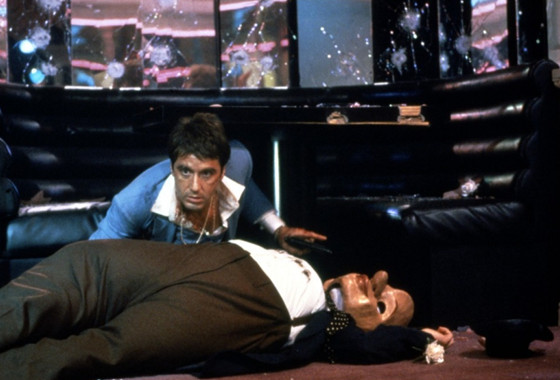
No one can deny that the original Scarface (1932) is an absolutely impressive movie. Howard Hawks, being one of the most important directors in cinematic history, masterfully directed a film which would create a whole new genre and inspire many equally important posterior filmmakers. However, its remake did something remarkable that every remake should do: evolve the story. Be careful (!), it evolved the story, not just the special effects.
As it has been already referred, De Palma’s Scarface is about the failure of the American Dream. The original film also depicts this failure by centering on Italian immigrant Antonio “Tony” Camonte’s (Paul Muni) pursuing -well- everything. The film is actually concentrating more on its protagonist’s goals and flaws making the idea of the said-failure less objective.
On contradiction, Stone’s Tony Montana (Al Pacino) could be characterized as a representation of the American Dream itself. Fallen directly to misery, Montana decides to “work” hard, which eventually puts him on top, only to fall from a greater height just because everything that the system stands for, is a lie. This very system drifts him to choose between death and crime because this is the only way it can hold its rotten cycle running.
This remake applies principals and ideas that are not presented in the original and that’s what makes it really special. It cannot be denied that Stone’s intention was clearly not to lazily copy the plot and just make it cooler, but to see its potential and create a better, more advanced and complicated film than the masterful original. In other words, a remake.
3. It respects the original
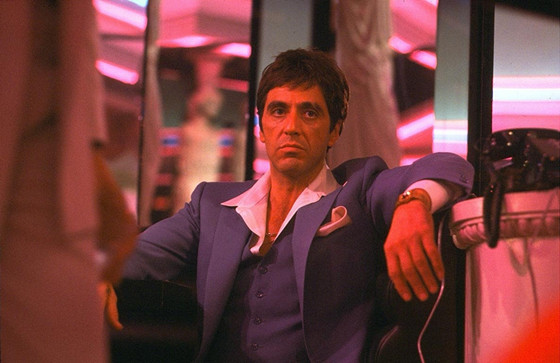
In order to remake a film you have not only to love, but also to respect the original. Think about Michael Bay’s Transformers. The way he treats his “inspiration”, makes it almost clear that he also hates it. The dedicated artistic vision has to be guided from the true passion of the creator and not just the intention of making the “product” eligible for new generations.
This does not mean that the remake must always be faithful to the original. Although, the new affected artists should not only have a new concept or a different take on the source material, but an appreciation of the core ideas of the original and an appreciation of the inherent issues of the same work as well.
Brian De Palma chose to shoot his version of Scarface in a “modern-vintage” way, not only to pay his respects to the work of Howard Hawks, but also because he recognized that his movie is a remake. The use of back-projections, painted backgrounds and the decision to flatten the imagery maintains a subtle conversation with the original, in the same way the modern techniques of cinematography and special effects declare its autonomy as a film.
However, it is certain that the bond between an original film and a remake is inseparable and equally strong even when the remake seems very different. The fact that De Palma recognized this aspect is what led him to make Scarface right.
4. It was made by the true filmmakers
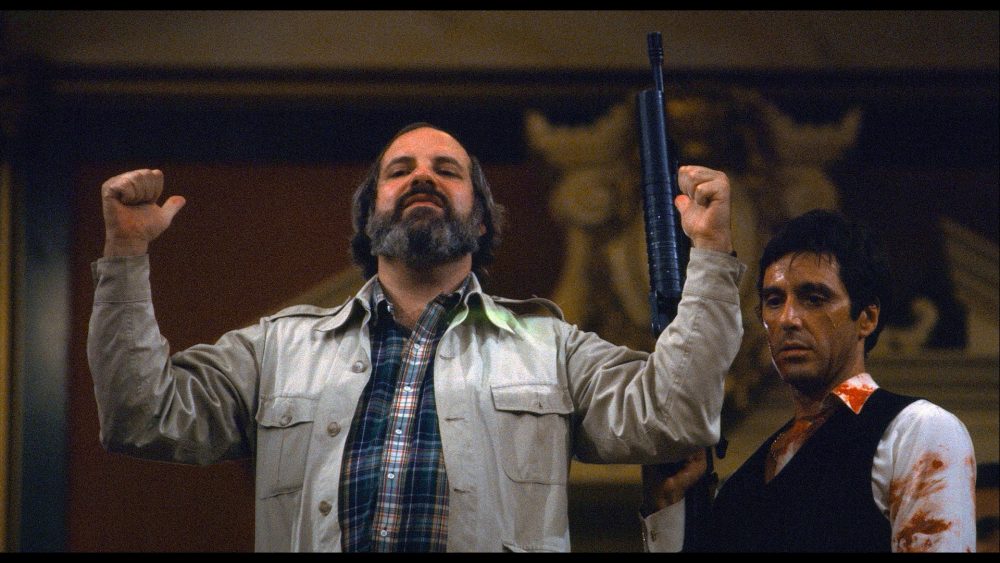
The main problem with most remakes is that they are assigned to “loyal” employees. Overpaid tools are often hired to create a pastiche of PG 13 material and the result is a rushed and unnecessary film.
Brian De Palma and Oliver Stone made Scarface and put their personality in it. They worked hard and they risked, but only because the film was a part of them. It wasn’t just a job -it never is- and if someone wants to call him or herself a filmmaker has to understand it.
Scarface gives the feel of a movie that had a true vision. Its creators made it exhale necessity in the meaning of artistic catharsis and that’s what a filmmaker has to always serve. As Rossellini used to say before shooting each of his movies: “I make this film or I die”.
5. It is a film about people
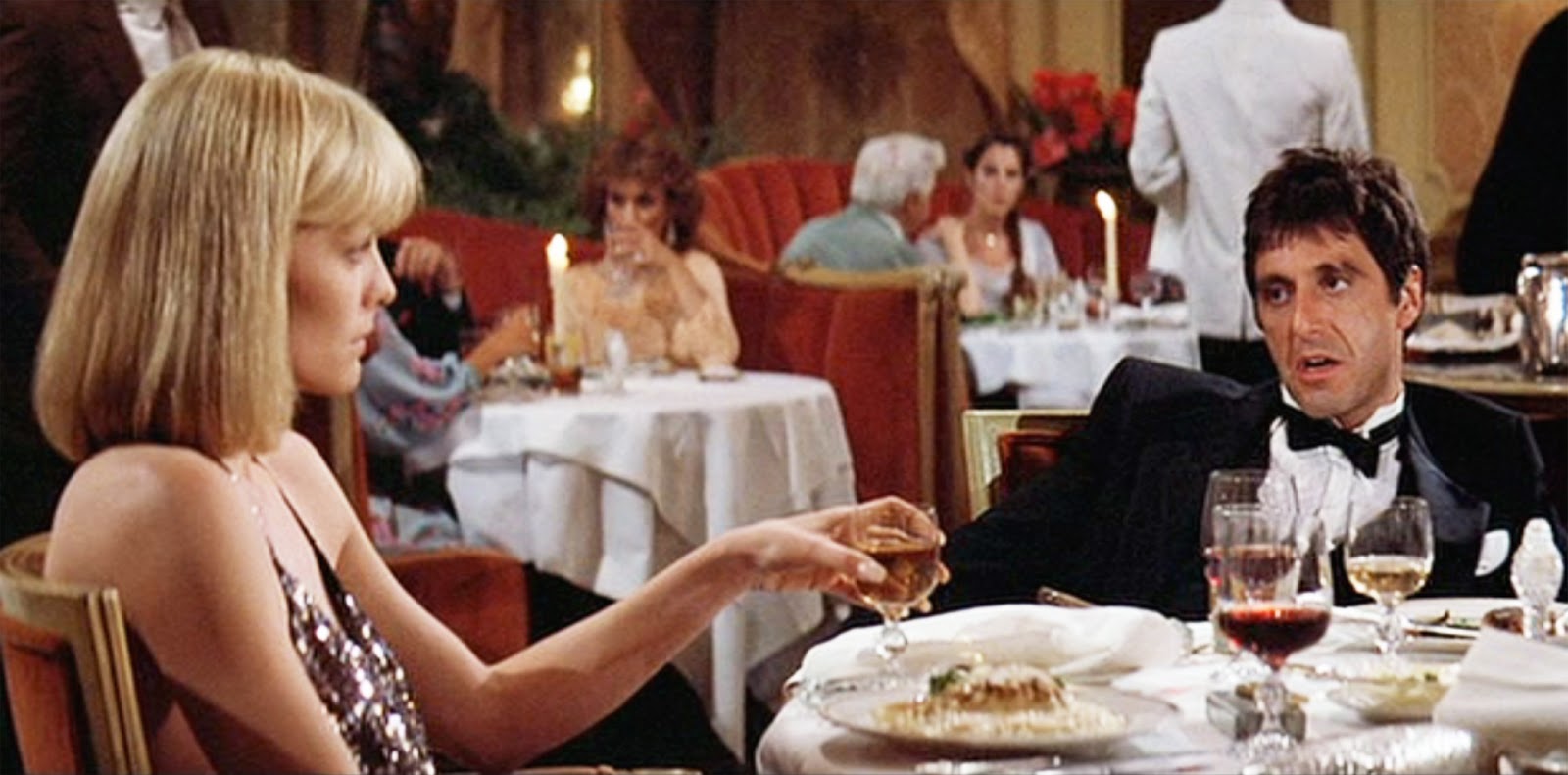
Everyone hates bad movies or even mediocre ones. Some believe that they may be an inevitable evil of cinema in general, but the question is what actually makes them not good? An interesting position on this matter would be that these movies are not about people and human relationships.
All stories are about people or beings with human behaviour being observed through their personal interactions. Although, especially (but not only) in remakes it seems that instead of observing human relationships through the lens of real life, bad or mediocre movies observe through the lens of other movies.
Scarface is an exception and you could say because the phenomenon which is described is more common nowadays. However, every astonishing film is good because it captures human experience with nuance and insight and it observes moments or feelings or situations that may show things for ourselves that we did not know.
So, what makes Scarface one of the best films ever made is that it is actually concerned about the problems of its characters and their “universe” and not just how they will remind the audience something interesting they saw in the original. This does not mean that it is bad to pay homage or remake films, but if the core of the remake is to point its ancestor, why don’t we watch the original instead?
6. It is not a remake
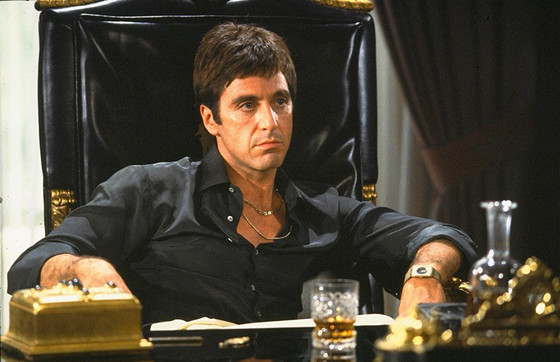
Scarface (1983) is not a remake. The nature of most remakes is usually to tell the same story, with the same context even if the film was made for another era. Scarface is an adaptation. It takes the original story and puts in it the context of the America’s 80’s.
In a first level of reading Scarface (1932) is about a gangster, who happens to be an Italian immigrant and is involved in illegal liquor trade business. Oliver Stone cleverly adapted this theme to the early 80’s by making the plot more relevant to problems which were depicted at that time.
Cuban immigrants and cocaine took the place of Italians and beer. The heart of the original movie was not in the illegal liquor transactions or in the life of Italian immigrants in U.S., but in transactions of life and death and the fact that people may feel foreigners in a place that may be or may be not their country.
In other words, Oliver Stone took the essence of the first material and translated into his “original” modern film. If a filmmaker does not see the heart of his source, what is the point of remaking it? Take for example, Gus Van Sant’s Psycho (1998). What’s the point of making a frame-to-frame exactly same movie?
In contrast, The Silence of the Lambs (1991) is not actually a remake, but it is based on the same true story as Alfred Hitchcock’s masterpiece. It did not mimic, it captured the substance of the source material and that is the main reason it succeeded. Considering that it can be said that Brian De Palma’s Scarface could be made even if the original Scarface had never happenned. And that is what it makes it the best remake of all-time.
Author Bio: Alexandros Rellos is currently a film student in Greece. He has written and directed three short films and dreams that one day cinema will respond to his hopeless love. You can support his future cinematic projects here: https://www.patreon.com/alexandrosrellos.